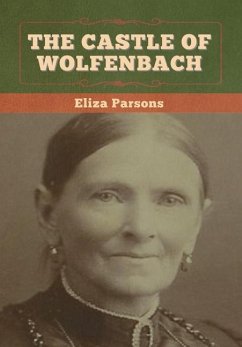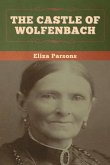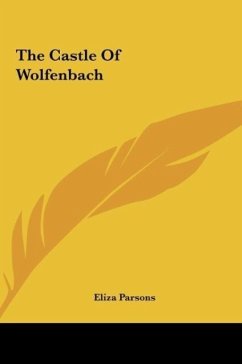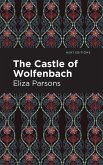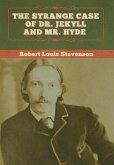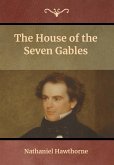The Castle of Wolfenbach (1793) is the most famous novel written by the English Gothic novelist Eliza Parsons. First published in two volumes during 1793, it was one of the seven "horrid novels" recommended by the character Isabella Thorpe to Catherine Morland in Jane Austen's novel Northanger Abbey and was an important early work in the genre, predating both Ann Radcliffe's The Mysteries of Udolpho and Monk Lewis's The Monk. Dear creature! How much I am obliged to you; and when you have finished Udolpho, we will read the Italian together; and I have made out a list of ten or twelve more of the same kind for you. Have you, indeed! How glad I am! What are they all? I will read you their names directly; here they are, in my pocketbook. Castle of Wolfenbach, Clermont, Mysterious Warnings, Necromancer of the Black Forest, Midnight Bell, Orphan of the Rhine, and Horrid Mysteries. Those will last us some time. Yes, pretty well; but are they all horrid, are you sure they are all horrid? --Northanger Abbey, ch. 6 Jane Austen names The Castle of Wolfenbach in her novel, Northanger Abbey to portray the Gothic novel as forming around a society of its own, giving evidence of readership and cross-class and cross-gender interest in the Gothic novel. The Castle of Wolfenbach contains the standard gothic tropes of the blameless young woman in peril, the centrality of a huge, gloomy, ancient building to the plot, the discovery of scandalous family secrets and a final confrontation between the forces of good and evil. Its resolutely anti-French Roman Catholic, pro-English Protestant sentiment is also a feature of the genre. (wikipedia.org)
Hinweis: Dieser Artikel kann nur an eine deutsche Lieferadresse ausgeliefert werden.
Hinweis: Dieser Artikel kann nur an eine deutsche Lieferadresse ausgeliefert werden.

